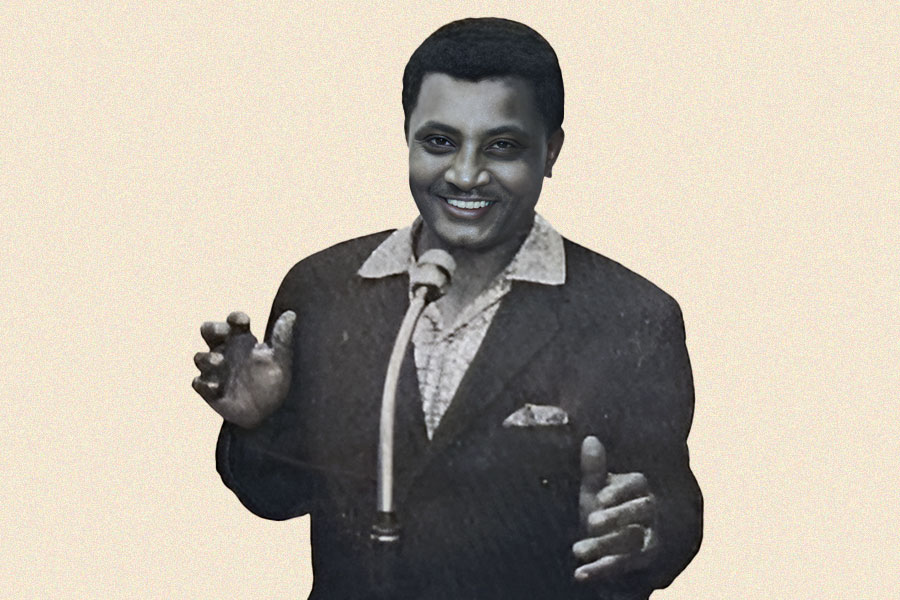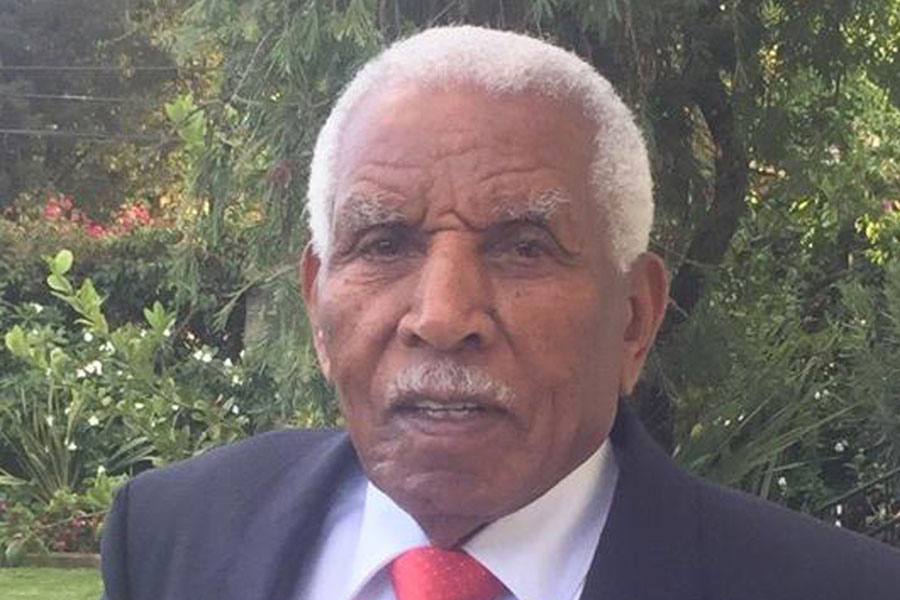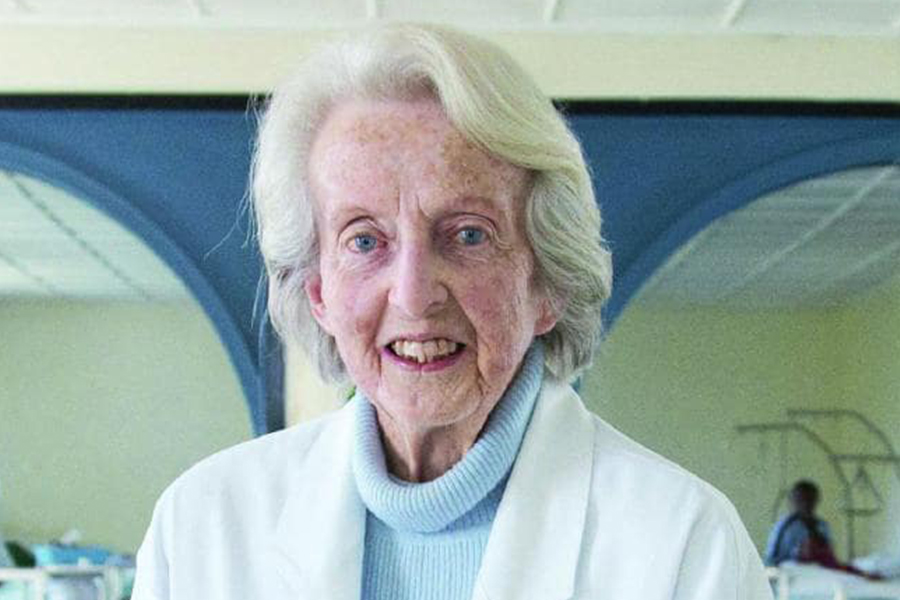
Radar | Mar 02,2019
The concept for The Farewell is simple. A Chinese-American living in New York is told that her grandmother, who lives in China, has terminal lung cancer. Her days are numbered – three months tops.
There is a catch. In Chinese culture, it is generally considered unthoughtful to inform a person that they are going to die. Everyone around her will be told, except her. Her family will come to visit her in droves, under the guise of planning and participating in her grandson’s wedding. But they will all remain tight-lipped as this old, sad lady goes gently into that good light.
This is a plot straight out of a Yasujiro Ozu movie or the 1920s when storylines were kept simple and clear, and yet thoughtful performances were supposed to elevate them. The Farewell does not boast intense scenes or suspenseful moments. It is instead one of the year’s quietest, most peaceful films. It achieves all of this through a meditative exploration on family, culture and human fragility.
The film starts with Billi (Awkwafina) talking over the phone with her Nai Nai (Zhao Shuzhen). The differences between the two cannot be starker. Billy is walking along the streets of New York, talking through her earphones and mostly listening, exhibiting youthful behaviour in the modern world. Her Nai Nai is sitting down, mostly giving advice and being paranoid about everything the modern world represents.
Billi later finds out from her parents that Nai Nai has been diagnosed with cancer. The doctors do not know what to do and she does not have much more than three months. She is told that her children and grandchildren, all briefed on her situation, will visit her under the guise of attending a wedding.
Unlike in the United States, where it is illegal to hold back medical diagnosis to a patient, in China they have the option of not telling her until her very last days when the illness itself will make it apparent. She is a dead man walking, only she does not know it.
The film is based on the experiences of Lulu Wang, the writer and director of this movie. Her own mother was diagnosed with terminal cancer, and her family decided not to tell her.
What happened to the actual grandmother would be a spoiler, but this should be an eerie film to watch together as the Wang family. The fact that some of Wang’s family members appear in the film will not be a mitigating factor.
It is hard not to appreciate Wang’s ability to fight the temptation not to include laugh-out-loud moments or unearned tear-jerker scenes into the film. She ran the risk of making a boring film, the subtleties of which audiences will miss, but went with her gut feeling that a theme as emotional as this one requires a toned-down presentation.
Awkwafina, the breakout star of Crazy Rich Asians, on the surface seems like the last person to cast in a movie such as this. She has a larger than life personality if the interviews she has been a part of are anything to go by. But she portrays Billie with such a sweet reticence that she comes out as almost unrecognisable.
But the best thing about the movie is Zhao, who plays the grandmother. She is the quintessential grandmother. Funny when the moment calls for it, cruel when she feels like being pragmatic, emotional when her emotions get to her and endlessly talkative and arrogant.
In her, we all see our grandmas, not presented flawlessly but with all the shortcomings that a person who knows their end is near exhibits.
PUBLISHED ON
Jan 11,2020 [ VOL
20 , NO
1028]

Radar | Mar 02,2019

In-Picture | Nov 09,2024

Exclusive Interviews | Sep 10,2023

Fineline | Mar 14,2020

Viewpoints | Jul 13,2020

View From Arada | Jun 03,2023

Obituary | Jun 17,2023

Viewpoints | Nov 07,2020

Obituary | Mar 28,2020

Agenda | May 04,2024

Photo Gallery | 174597 Views | May 06,2019

Photo Gallery | 164824 Views | Apr 26,2019

Photo Gallery | 155023 Views | Oct 06,2021

My Opinion | 136695 Views | Aug 14,2021

Oct 11 , 2025
Ladislas Farago, a roving Associated Press (AP) correspondent, arrived in Ethiopia in...

Oct 4 , 2025
Eyob Tekalegn (PhD) had been in the Governor's chair for only weeks when, on Septembe...

Sep 27 , 2025
Four years into an experiment with “shock therapy” in education, the national moo...

Sep 20 , 2025
Getachew Reda's return to the national stage was always going to stir attention. Once...

Oct 12 , 2025
Tomato prices in Addis Abeba have surged to unprecedented levels, with retail stands charging between 85 Br and 140 Br a kilo, nearly triple...

Oct 12 , 2025 . By BEZAWIT HULUAGER
A sweeping change in the vehicle licensing system has tilted the scales in favour of electric vehicle (EV...

A simmering dispute between the legal profession and the federal government is nearing a breaking point,...

Oct 12 , 2025 . By NAHOM AYELE
A violent storm that ripped through the flower belt of Bishoftu (Debreziet), 45Km east of the capital, in...